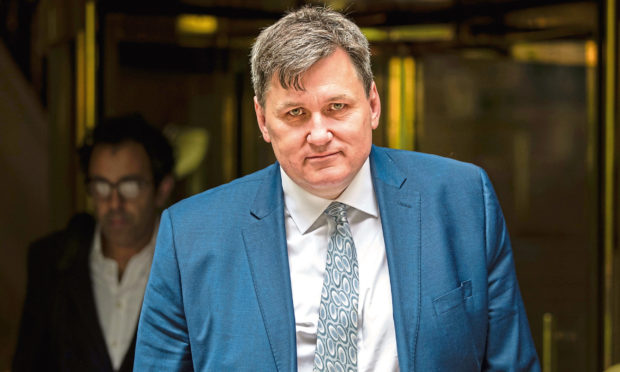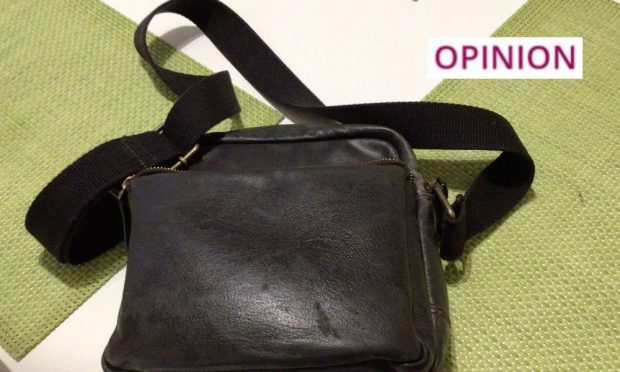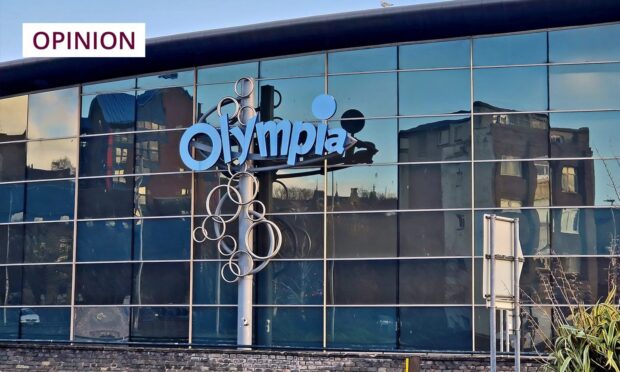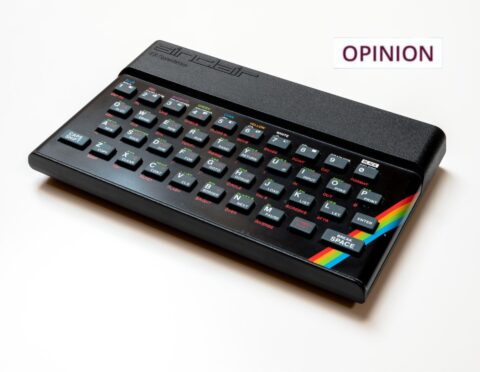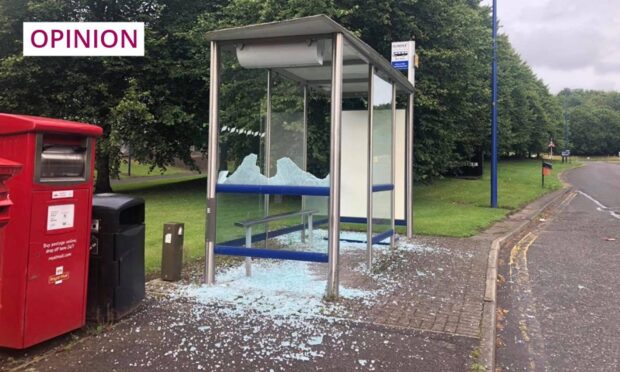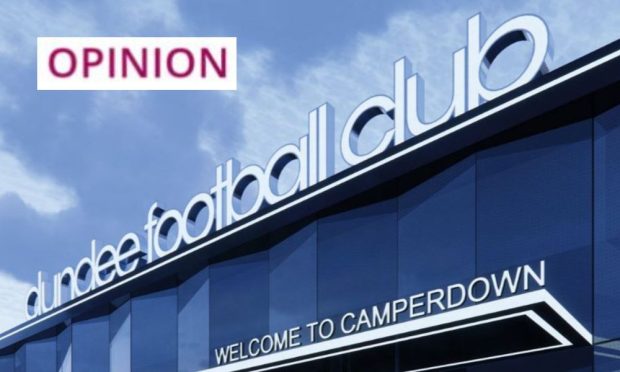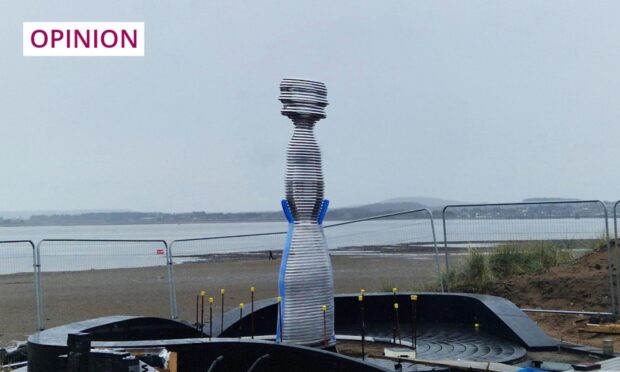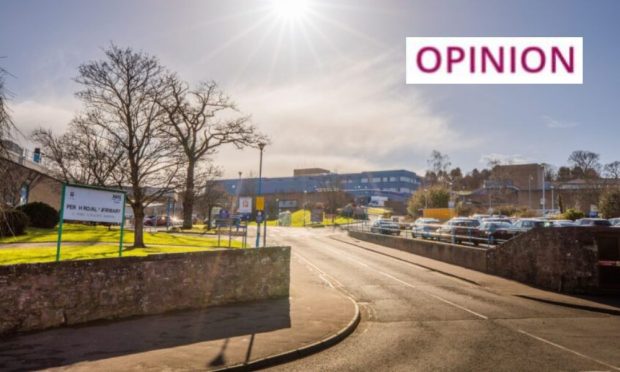Morrisons, the fourth-largest supermarket chain in the country, earned £17.6 billion in revenue in 2018.
That same year more than £9 billion was spent on illegal drugs in the UK.
According to Dame Carol Black’s report on drugs published this week, the total cost to society by drug misuse in terms of health, crime and other problems is £20 billion.
The drug trade is, in fact, an industry and the collateral cost – the thousands of lives lost each year up and down the United Kingdom – is simply the price of doing business.
So, for two days this week, the great and the good met in Glasgow to discuss how best to tackle the drugs problem.
Both events – the first organised by the Scottish Government, the second by the UK Government – started from different places. Both were wrong.
Tuesday’s event, at least, recognised that the drug epidemic cannot be curtailed by law enforcement and that, at best, all we can do is try to minimise the harm caused by drugs.
The first couple of hours were given over to various people from Glasgow arguing for the UK Government to give them the power to create a safe injecting room.
There are, we were told, around 500 hardcore drug users in Glasgow city centre, where such a facility would be based and where, in recent years, an outbreak of HIV has occurred due to users sharing their works.
Businesses and residents alike believe the safe consumption room would save lives and help stop the proliferation of drug paraphernalia littering their streets.
They are plausible, convincing arguments. But wrong.
The Scottish Government should not be calling for power to open a safe consumption room, it should be calling for drug laws to be completely devolved.
Because on Wednesday, the UK Government not only ruled out a safe consumption room, policing minister Kit Malthouse made clear UK drugs policy will remain on the same, doomed track it has been on for decades.
Mr Malthouse said he maintains an open mind but believes focusing on disrupting the organised crime networks that push drugs into our communities will, with improvement treatment, save lives.
There is no evidence to suggest enforcement, the war on drugs, is winnable, if it ever was.
Drugs have been in our communities for decades.
Everyone is familiar with the Trainspotting-generation, the so-called older generation of heroin users whose decades of addiction is now costing them their lives. Yet more than half of Scotland’s 1,187 drug-related deaths in 2018 were people under the age of 44.
That’s to say, people who were not yet 16 when the 1980s ended. It is a growing problem, not a historical one.
We need to be honest rather than falling back on tough guy talk about cracking down on dealers.
Drugs are a £9 billion industry and those who make money through it – from the Afghan and Pakistani farmers with their poppy crops to the Liverpudlian gangs sending couriers to Dundee – will find a way to keep making profit.
Drugs can be harmful, we know that. The cost to society from crime as people steal to pay for their habits is huge, the violence that is carried out by drug gangs is horrific.
The harm users inflict on themselves – Tuesday’s summit heard of maggot-infested wounds being relatively common – is terrifying but the stigma of criminality stops many people seeking help until it is too late.
To solve the drug problem we need to stop worrying about the drugs and let capitalism carry the load.
If we want to protect people, let’s protect them from the pushers and the squalor that comes with addiction rather than the substances themselves, at least initially.
Let’s decriminalise drugs like heroin and wipe out the black market that way, then funnel those users to help they need to get clean.
Because two days of talking won’t help, and neither is expecting the same old strategies to produce different results.
Life after death
The generosity of Dundonians knows no bounds. It emerged this week a disproportionately high number of people donate their bodies to Dundee University for medical science.
The university has been gifted 465 cadavers since 2014. Only Glasgow – home of an anatomy museum that can genuinely be called Scotland’s ickiest museum – received more.
I, however, will not be donating my body to medical science, having already offered it to be stuffed and put on permanent display in the McManus once I pop my clogs. I could even be dressed in amusing costumes when the occasion demands it, like a Dundonian Manneken Pis.
For some reason, the museum has not responded to any of my calls.
